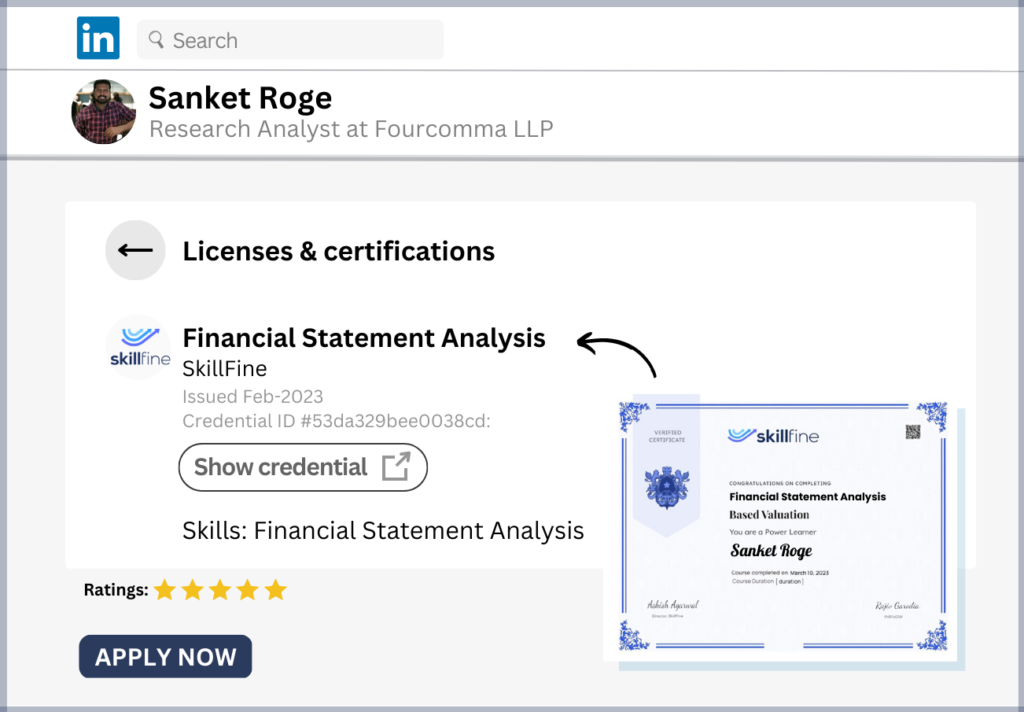The covenantal accountability movement has come a long way in the last decade. Today, we are seeing more and more churches begin to adopt formal codes of conduct that outline the expectations for membership. These codes often contain stipulations pertaining to adherence to doctrinal standards, regular participation in church services and practices, and abstinence from certain behaviors. It makes sense that churches would want to codify these conditions of membership. After all, this is an era of increasing skepticism about organized religion. Churches understand that they must be strict in order to protect their membership from people who may not take their faith as seriously as others or who may look at joining a particular congregation as a step toward something different than becoming a lifelong member of that body.
What is a Covenant?
A covenant is, essentially, a promise. It can be formal or informal, written or oral. It can be part of a larger deal or stand alone. A covenant can exist between parties of equal standing (a business partnership) or between parties of unequal standing (a master and his slave). A covenant between two parties of equal standing requires that those parties each give something of value to the other. A covenant between parties of unequal standing, however, does not require any give and take. The person on top can take all he wants with no obligation to offer anything in return. A covenant can be between two parties or many parties. A covenant between two parties is known as a “contract,” while a covenant between many parties is a “covenant.”
Why are Covenants Withstood?
The biblical covenant between God and his people was entered into because of God’s grace toward the people. When the people failed to live up to the terms of the covenant—when they “broke the covenant”—God withheld his grace and their covenant status was forfeited. The early church had no formal creed or set of doctrinal standards. In fact, such an approach would have been anathema to many early Christians who insisted on the central importance of grace rather than works. The early Christians baptized in rivers and seas. They gathered in homes, fields and deserts. They adhered to no standard of dress. They observed no regular hours of worship. They did not require applicants for membership to sign a covenant with conditions of membership. The early church’s informal covenant with God was based on the grace of God and built on the foundation of the life and person of Jesus Christ. Repentance from sin was clearly a key component of the early Christians’ covenantal relationship with God. But baptism was the means of repentance.
What Constitutes a Breach of Covenant?
A breach of covenant occurs whenever a member fails to comply with the conditions of membership. The conditions may be written in the covenant or stated in a church constitution or in a bylaw. The breach might be a failure to attend church regularly, a failure to teach or preach to non-members, or a failure to abstain from a certain kind of behavior. Some churches have a complaints process where the member can explain his or her reasons for violating the covenant, while other churches use a lower standard of proof requiring no explanation from members and instead presuming that any violation of the covenant amounts to a breach. A breach of covenant can also occur when a member’s actions or words are injurious to the church or are the basis for causing a lawsuit against the church.
What is a Covenant Breach?
A covenant breach is a failure to comply with the terms of the covenant. If a church member has agreed to refrain from drinking, but is found drunk, he has breached the terms of his membership. If a member has agreed to attend services regularly, but fails to show up, he has breached the terms of his membership. If a member has agreed to abstain from harassing people online, but engages in persecuting speech, he has breached the terms of his membership.
When Can Members Be Disciplined for Breaching the Covenant?
The first question is: Are the conditions of membership reasonable? Do they promote the overall mission of the church and are they in keeping with the historic teachings of the church? Are they consistent with the Bible? Are they enforceable? The second question is: Does the member know what he or she is required to do? Have the requirements been made clear? Have the requirements been clearly explained? Is there a reasonable grace period for the member to correct the problem? Have the member’s actions been consistently monitored? If the answer to the first question is yes and the answer to the second question is yes, then the third question is: Has the member had sufficient time to comply with the conditions? Has the member been given a reasonable amount of time to correct the problem?
Why are Breaches of Covenant Suits So Common?
As we have just seen, a breach of a covenant is a failure to comply with the terms of the covenant. A suit for breach of covenant, then, is a lawsuit brought by one party against the other. It is important to recognize that a breach of covenant is not the same thing as a breach of contract. A contract is a formal agreement between two parties to do or not do something. A breach of contract is a failure to live up to the terms of the written contract. A covenant is an informal agreement between two parties. It is not written down, but it has terms governing how each party will act toward the other. A suit for breach of covenant is a lawsuit brought by one party against the other to enforce compliance with the terms of the covenant.
Why Breach of Covenant Suits Are So Common
When a church member fails to comply with the terms of the covenant, the church must decide whether to take disciplinary action or to take the member to court. One reason churches choose the latter course is because they believe their members are bound by the covenant and therefore must abide by the terms of the covenant even though they have not been put on notice that they have agreed to do so. Another reason is because they believe they have no other recourse. A covenant is not a contract. It is not a formal agreement between two parties. It is not written down and signed by the parties involved. It is an informal agreement between two parties, so it is not subject to the same formalities as a contract.
A better alternative: Fitness Conditions of Membership
Whereas a covenant involves one party obligating the other, fitness conditions of membership involve one party committing himself or herself to do something. For example, a church member may commit to regularly attend a certain number of meetings or to read a certain number of books or to study a certain biblical passage each week.
Conclusion
A covenant is an informal agreement between two parties. A covenant differs from a contract in that it does not go through the same formalities. A covenant is not written down and signed by the parties involved. A Fitness Conditions of Membership is an informal agreement between two parties. It is not written down, but it has terms governing how each party will act toward the other.
Fitness Conditions of Membership are entered into voluntarily by the members themselves and can be ended at will by those members at any time without any formalities. Breaches of covenant occur when a member fails to comply with the terms of the covenant. The conditions may be written in the covenant or stated in a church constitution or in a bylaw. A breach of covenant occurs when a member fails to comply with the terms of the covenant.
Related Courses: Valuation Analysis Skills Courses



